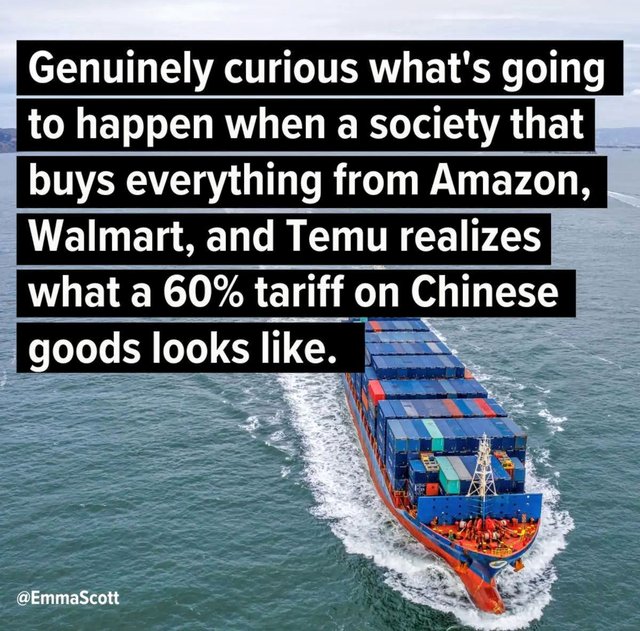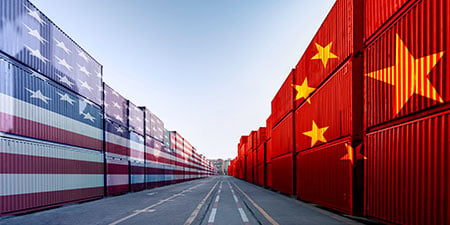...What are corporate taxes?
Do those of you who claim that tariffs, which are a tax on foreign companies, amount to a national sales tax support a reduction, or elimination of corporate taxes for US companies?
Why or why not?
Taxes, particularly the corporate tax and the personal income tax, are too low in this country.
We have industries in the for profit private sector that just don't belong there.
We'd get much more bang for the buck paying for those things with our taxes and none of the money wasted on profits.
In the modern world, capitalism belongs in the consumer goods market and little else.
It's an anachronism, but we're a very socially regressive nation.
I've said it before. If real estate and resources were the only criteria,
America would indeed be the greatest nation on earth.
Unfortunately, the people matter as well,
and our pathetic, mongrel gene pool is too much for the bountiful resources to overcome.
Most of our population are descendants of people who couldn't cut it where they emigrated from.






